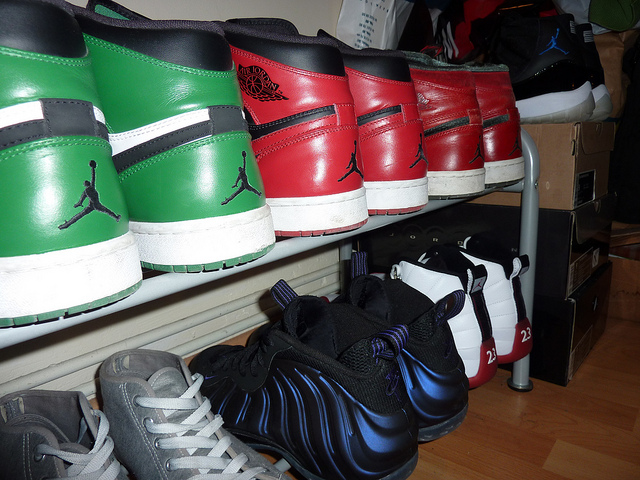Brooklyn Middleton/Staff Writer
There is substantial evidence that the Nepalese peacekeepers brought cholera with them to Haiti, a nation that remained completely untouched by the disease until now. Yet, the United Nations evades questions about the source and outright denies any faults in their public health protocol in regards to their sewage management.
Should the U.N. continue to ignore the evidence brought forth, the already shaky foundations of the strained relationship between citizens and peacekeepers will continue to be rocky and volatile at best, and completely destructive and useless at worst.
On Nov. 1, the United States Center for Disease Control documented that the cholera stain was synonymous with the cholera strains found in South Asia. It isn’t presumptuous to think the Nepalese peacekeepers brought it with them.
In fact this hypothesis is quite logical and agrees with John Mekalanos, an expert on cholera and chairman of Harvard University’s microbiology department. He states, “The organism that is causing the disease is very uncharacteristic of (Haiti and the Caribbean), and is quite characteristic of the region from where the soldiers in the base came. I don’t see there is any way to avoid the conclusion that an unfortunate and presumably accidental introduction of the organism occurred.”
MSNBC reports that, “The Nepalese troops were not tested for cholera before their deployment if they did not present symptoms. But health officials say 75 percent of people infected with cholera bacteria do not show symptoms and can still pass on the disease for weeks.”
Furthermore, there was documented sanitation problems at the base were the Nepalese troops lived beside the Artibonite River, where the cholera epidemic first appeared. According to the Associated Press, “When the AP visited on Oct. 27, a tank was clearly overflowing. The back of the base smelled like a toilet had exploded. Reeking, dark liquid flowed out of a broken pipe, toward the river.”
Despite the obvious link of strains, the lack of testing and the seemingly obvious transgressions against public health protocol, there seems to be a lack of urgency to release an explicit statement from the U.N. detailing its own shortcomings and failures.
Despite the pressure to acknowledge and prove a link, The Associated Press quoted The World Health Organization , stating that the source of cholera was “not a priority.”
This type of dismissive response is unacceptable. Part of the public health response must encompass accountability despite potential public embarrassment and global ridicule. Perhaps the W.H.O. is correct in that determining the source will not ease the sorrow of this tragedy but it certainly should still be top priority. This isn’t a slight faux pas, this is a U.N. egregious breach of public health protocol and it is disrespectful to the deceased to not acknowledge that the island may not have been ravaged by this epidemic had the U.N. tested its soldiers prior to deployment.
It is absolutely necessary to encourage Haitians to act peacefully and cooperate with medical efforts seeking to combat this deadly epidemic. But the global community cannot expect a collective comfort and peace among the Haitian masses when outside organizations may have brought in the very disease they are attempting to fight.
It is understood that all citizens have a communal protectiveness and defensiveness toward heavily armed outsiders. However in the precarious state Haiti is in, the island teeters on utter disgust and resentment towards these outsiders and total dependence for any hope of reconstruction and stability.
The U.N. will be paramount in stabilizing this country, but without taking responsibility for an epidemic that is killing masses of people, the organization’s credibility is ruined.




Be the first to comment on "United Nations refuses to accept responsibility"